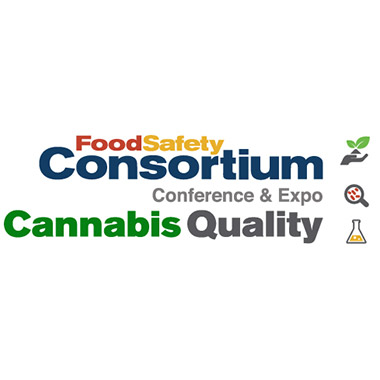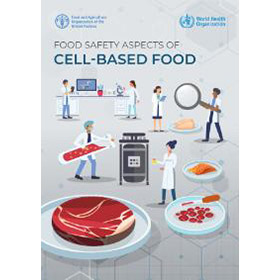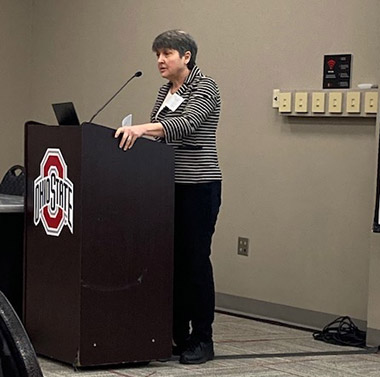
The compliance guide describes the requirements of the Food Traceability regulation to assist small entities, including farms and small businesses, in complying with the applicable recordkeeping requirements.

The compliance guide describes the requirements of the Food Traceability regulation to assist small entities, including farms and small businesses, in complying with the applicable recordkeeping requirements.

Technology can make a dramatic difference in achieving ISO compliance and helping companies meet growing stakeholder demand for more transparency, while providing real-time visibility across an enterprise.

Nanotechnologies can significantly improve food packaging and preservation by reducing waste, improving safety, extending shelf life, and making food taste better.

Tami Dumond, Director of Quality Assurance at Omeat and Founder of Qronika Consulting, discusses her career, how to bring the entire team in on food safety and quality training, and why all jobs and experiences contribute to making you a better leader.

Presented by Food Safety Tech, the Food Safety Consortium—taking place October 16-18 in Parsippany, New Jersey—brings together food safety and quality assurance professionals for education, networking and discussion geared toward solving the key challenges facing the food safety industry today.

Stacy Vernon, Food Safety Operations and Program Manager at CIFT, an Ohio Manufacturing Partner, shares lessons learned from food companies that have experienced Listeria monocytogenes-related recalls.

The Food and Agriculture Organization of the United Nations (FAO) and the World Health Organization (WHO) have published a report on the safety of cell-based food. The report highlights potential hazards—the majority of which exist in conventional food products—as well as potential mitigation and control efforts.

The FDA announced that it will reopen the comment period for the draft guidance “Labeling of Plant-Based Milk Alternatives and Voluntary Nutrient Statements; Draft Guidance for Industry” in response to requests from stakeholders to allow additional time for interested persons to develop and submit comments.

The food industry is facing unprecedented challenges when it comes to ensuring the safety and security of the global food supply chain. A risk-based approach focused on prevention, continuous improvement, and stakeholder collaboration is needed to be proactive in identifying and managing potential risks throughout the food supply chain. By adopting new practices, the food industry can ensure a safe and secure food supply chain.

The Food Safety Tech’s Hazards Conference + CFI Think Tank “Industry & Academia Advancing Food Safety Practices, Technology and Research” took place April 3-5 in Columbus, Ohio. The event offered two days of practical education on the detection, mitigation, control and regulation of key food hazards, followed by discussion geared toward identifying gaps for research and innovation.